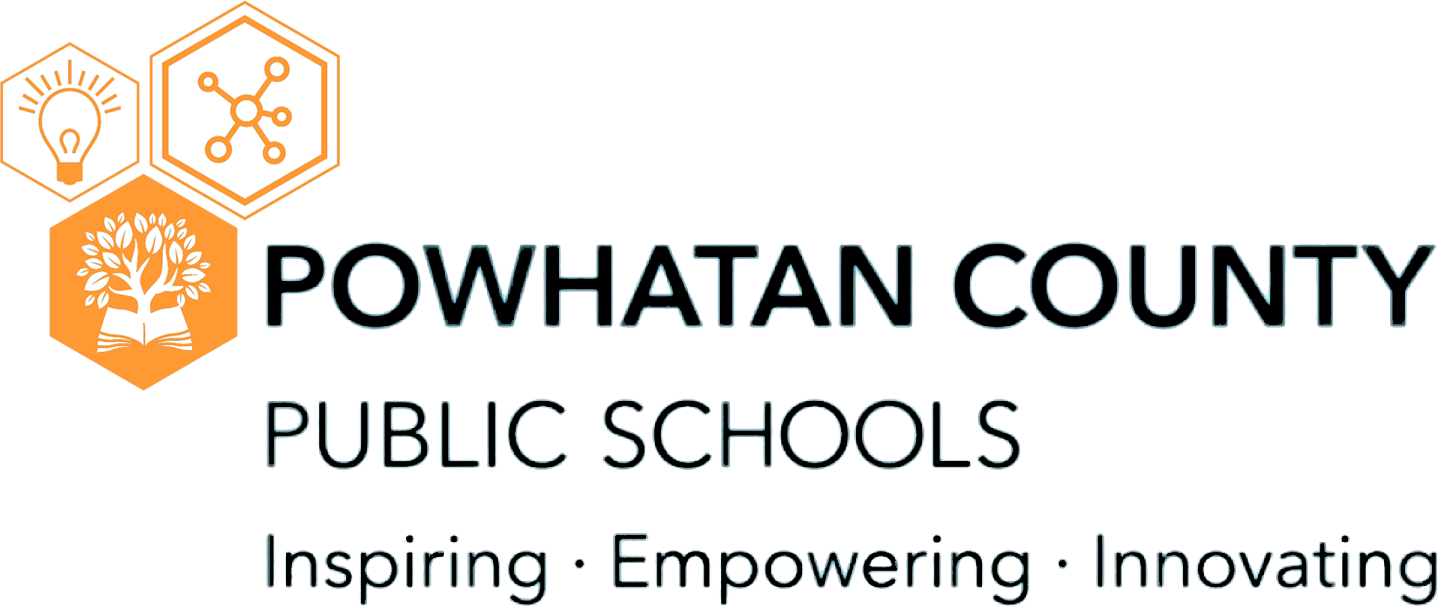🧡Counselors conduct classroom guidance sessions, provide individual counseling and group counseling. Classroom guidance sessions reflect student needs and are based on collaboration with teachers, administrators, and parents.
🤗Student needs may also be met through individual and group counseling. Group counseling sessions include drug awareness and personal safety, conflict resolution, anger management, bullying prevention, respect/getting along, changing families, loss/grief, stop and think, and success groups.
👨👩👧👦School counselors are not qualified to perform therapeutic or clinical counseling; however, are prepared to assist parents and students in accessing professionals who can provide these services.
🏫Other programs and services range from scheduling of classes, study skills, test taking skills, creating and achieving goals, career exploration/awareness, student orientation/transitioning from school to school, to the identification and planning for students who need remediation.
📝As students matriculate through the grades, school counselors are charged with the responsibilities associated with crucial testing such as PSAT, SAT, AP, and SOLs.
📅Other duties include record keeping, verification of student credit status, notification of students and parents of results, scheduling and coordination of testing with appropriate accommodations. Counselors are available to consult with parents and school staff about problems which might be interfering with academic achievement. They can help to plan strategies for successful learning. Unless students and/or parents are experiencing a crisis situation, it is best to schedule an appointment through each school's counseling department.
🔎Materials/resources used for guidance and counseling programs are available for perusal by parents and teachers with prior notification.
